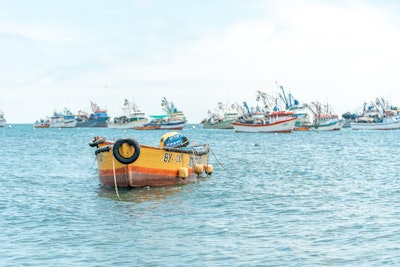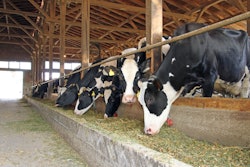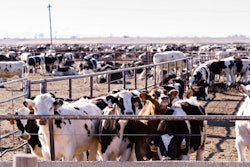
Global fishmeal and fish oil production is falling short this year after El Nino curtailed fishing off the coast of Peru, the world's largest producer of marine ingredients, according to IFFO, the marine ingredient organization.
The Peruvian government has so far only authorized a handful of days of fishing this year, compared with the average two-month season, Enrico Bachis, director of market intelligence for IFFO, said. As a result, the country's fishmeal production fell by half in the first five months of 2023, IFFO reports; Peru accounts for some 20% of the world's fishmeal production.
The fishing season closure is a result of Peruvian efforts to protect the health of the fisheries in the South Pacific Ocean during El Nino, a cyclic buildup of warm water around the equator in the Pacific Ocean. The warmer El Nino water drives fish, especially anchovies — typically caught to produce fishmeal — deeper into the ocean in search of cooler temperatures, Bachis said. As a result, the only fish easily available to Peruvian fishers are smaller, juvenile fish that stay closer to the surface. Catching these juveniles could harm the long-term health of the fishery, and so Peru opted to close fishing for most of the season.
While other countries such as South Africa have enjoyed larger catches this year — quite possibly thanks to the same El Nino phenomenon — production in these countries isn't large enough to make up for the losses in Peru, Bachis said.
Fishmeal prices have increased as a result of the global shortage, driving reduced use of fishmeal in the pet food and aquaculture industries, Bachis said. However, fish oil prices haven't escalated at the same rate as the cost of fishmeal. Fish oil was already in short supply as a result of low fat content in fish caught in late 2022, Bachis said. And elevated prices for vegetable oils that typically compete with fish oil — driven up by demand from the biofuels market — also helped to increase the cost of fish oil prior to the onset of El Nino.
Despite these challenges, Bachis said the marine ingredient remains optimistic — partially because increased prices have improved the prospects of the fishers who have product to sell, and because fishing is expected to rebound within a year as El Nino ends and ocean temperatures revert back to their normal range.












